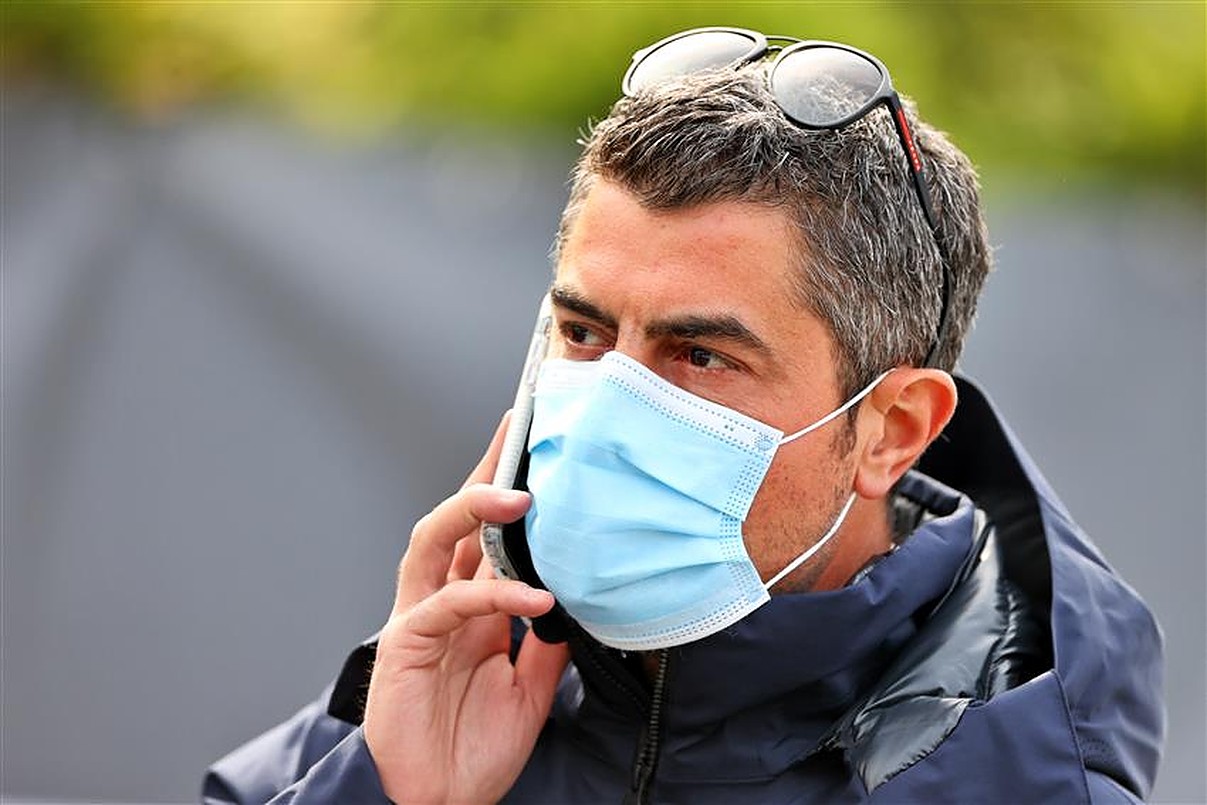There has been a surprising revelation in the world of Formula 1 this week after Mercedes team principal Toto Wolff accused former race director Michael Masi of persistent disrespect.
Masi made a controversial call towards the end of the Abu Dhabi Grand Prix last year when he allowed only the five lapped cars between Sir Lewis Hamilton and Max Verstappen to pass the Safety Car ahead of the final lap of the race.
As a result, Verstappen passed the Briton on the last lap to dramatically seal his maiden world championship, sparking fury from the Silver Arrows.
Wolff stated that he and Hamilton had become “disillusioned” with the pinnacle of motorsport, and the Australian was eventually relieved of his duties.
READ: Charles Leclerc roasts Mercedes in Safety Car joke with George Russell
The 44-year-old received support from multiple members including his compatriot and McLaren driver Daniel Ricciardo, who described Masi’s schedule as “nuts” as he juggled his role as race director with the responsibilities as track delegate, safety delegate and director of sports.
Wolff, however, previously said “I don’t want to speak to him ever again,” and he now discloses that he frequently disregarded feedback from others during his tenure.
“He was just immune to any feedback and even today he has not properly reflected that he did something wrong,” he said, before revealing that his approach to drivers and paddock personnel was often “disrespectful.”
“You hear from the drivers and how the drivers’ briefings were conducted [by Masi] and some of the guys said it was almost disrespectful how he treated some of them,” added the Austrian.
“There is a promoter of one of the races in the Middle East who said he was so relieved he had gone because he got so much abuse from him.”
The 50-year-old then insinuated that Masi caught a bout of main character syndrome during the close stages of the race at the Yas Marina Circuit.
“He was a liability for the sport because everybody kept talking about Abu Dhabi and the race director,” he explained.
“The race director should not be somebody that people talk about but someone who does the job and makes sure the race is run according to the regulations.”
Wolff divulged that he sat down with Masi in the week leading up to the final race of last year in an attempt to try and convince him to be more dispassionate towards criticism aimed at him, and to take some of it on board.
“I had lunch with him on the Wednesday before the race,” he stated.
“I said to him: ‘I really want to tell you, without patronising you, that you need to take criticism on board and develop from there. Lewis does it every day but you are a guy who always seems to know better.’
“It wasn’t about influencing him but really giving my honest feedback that he shouldn’t block outside opinion as simply being wrong.”
Masi was replaced by a combination of Niels Wittich and Eduardo Freitas, who will alternate in the role and receive support from Herbie Blash and a virtual control room.
Wittich has presided over the first three rounds of the season, and has been uncompromising thus far in the application of the sporting regulations.
This is something Wolff appreciates.
“How he has run the first few races has been respectful, solid and he hasn’t put a single foot wrong,” he explained.
However, he reiterated the ban introduced in 2005 on jewellery being worn while in the cockpit, as well as the necessity for all drivers to wear fireproof clothing.
Allegedly, this led to a confrontation with Hamilton during the drivers’ briefing in Melbourne, and the Austrian queries whether the enforcement of this law is entirely necessary.
“But is that [jewellery ban] a battle he needs to have at this stage? However, if it turns out to be the biggest unfortunate misstep of a race director, I would take it a thousand times over,” he affirmed.
Wolff’s Mercedes team have struggled in the early going of the 2022 season due to the new technical regulations, but they have capitalised on reliability issues for Red Bull to take podiums in Bahrain through Hamilton and in Australia through George Russell.

